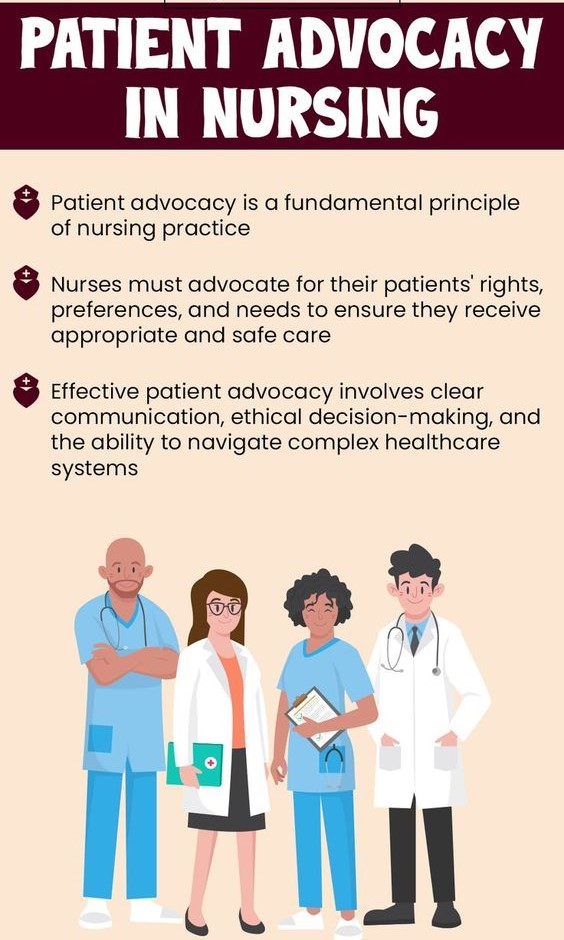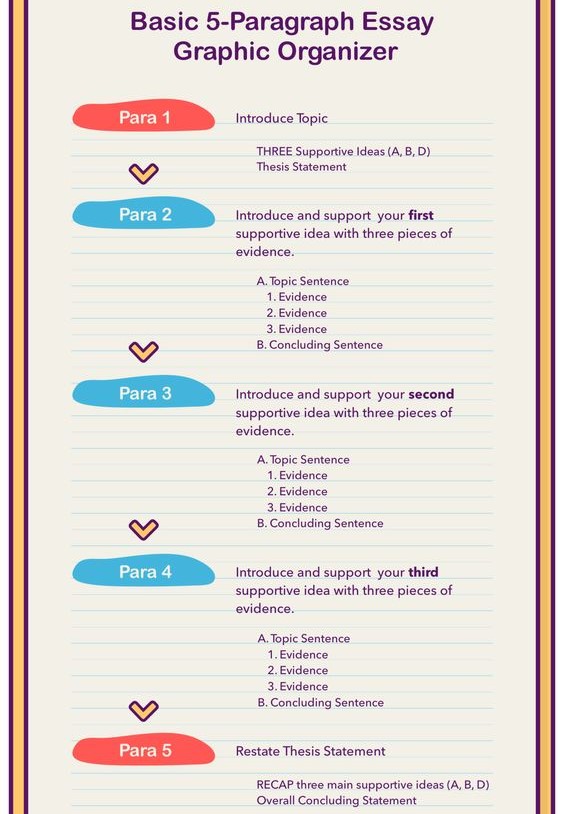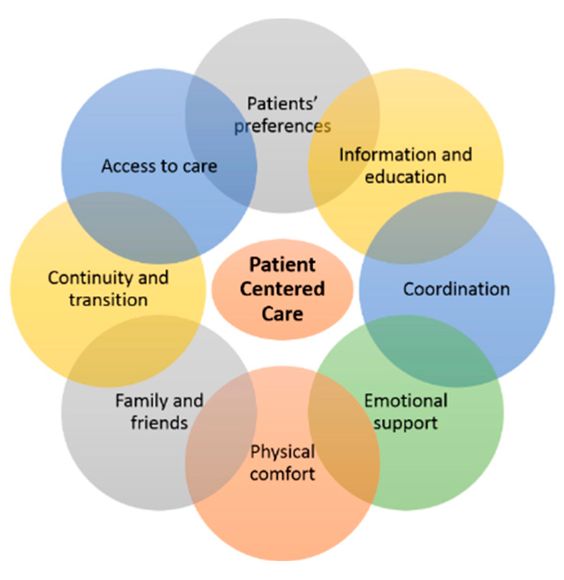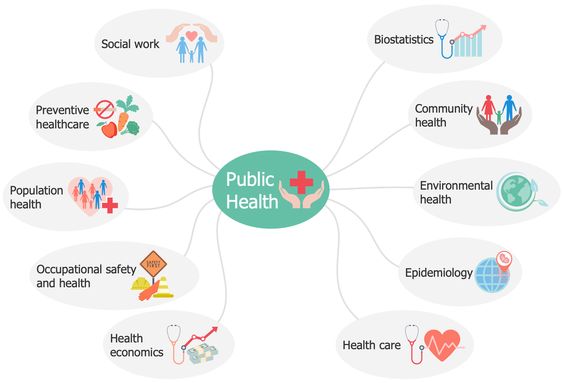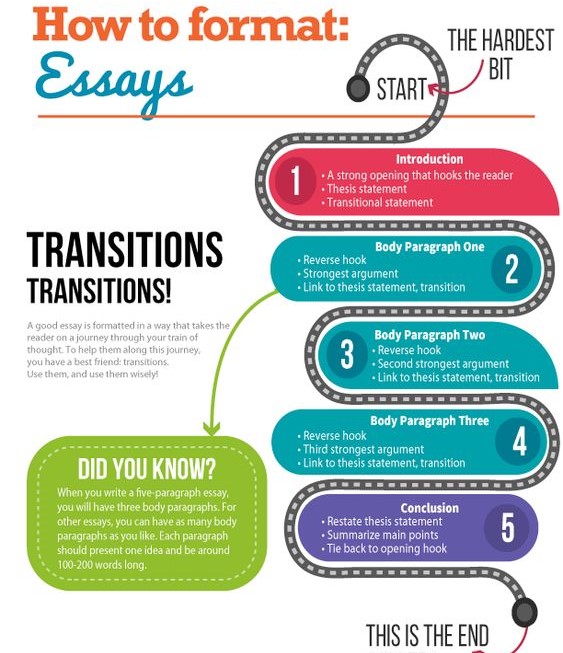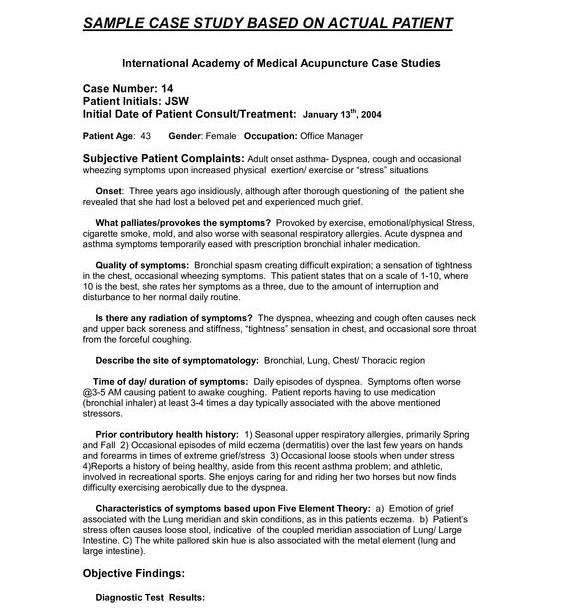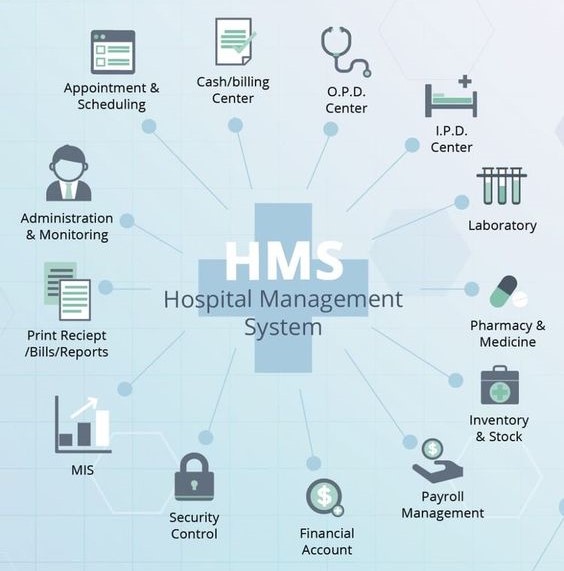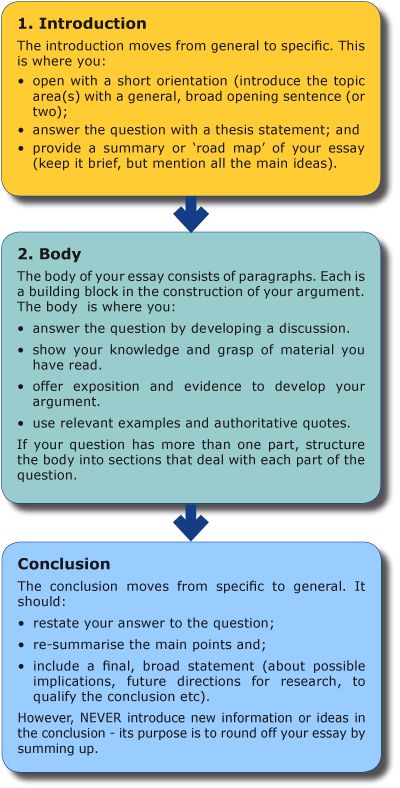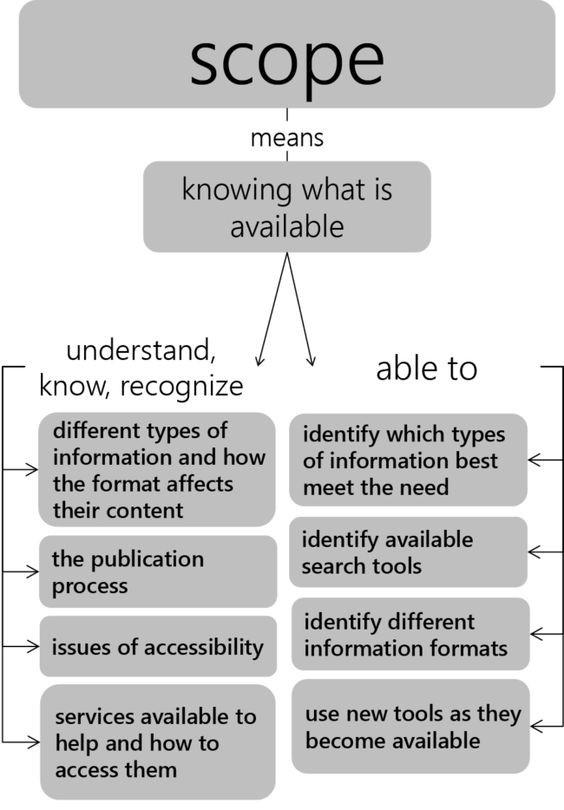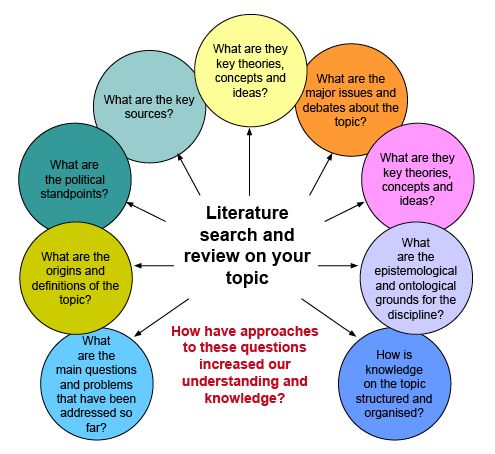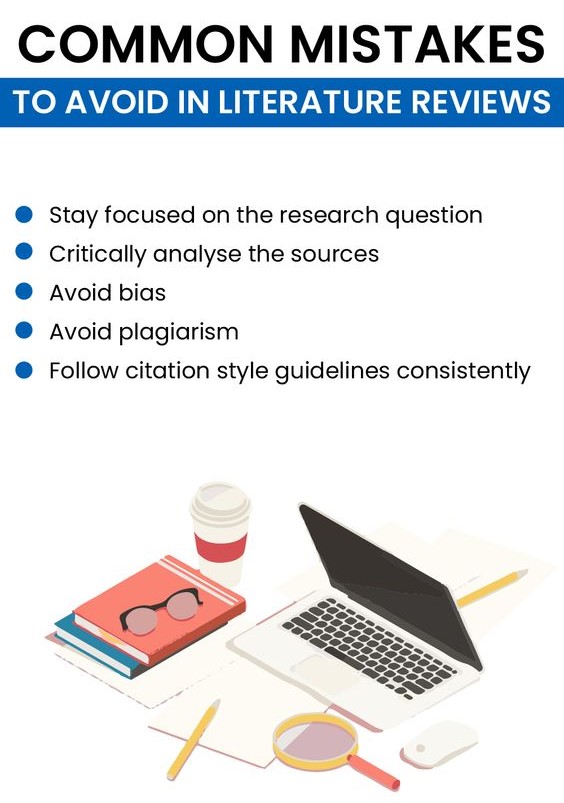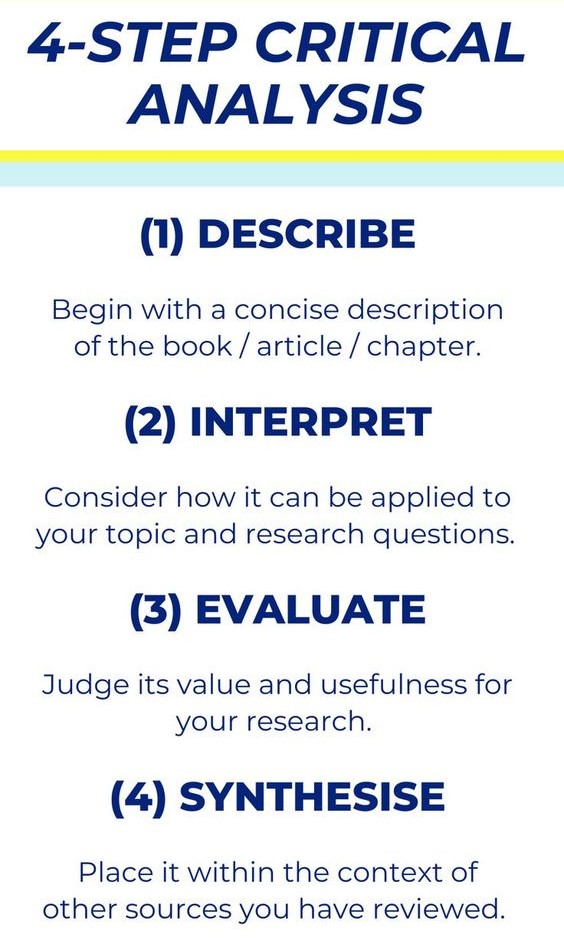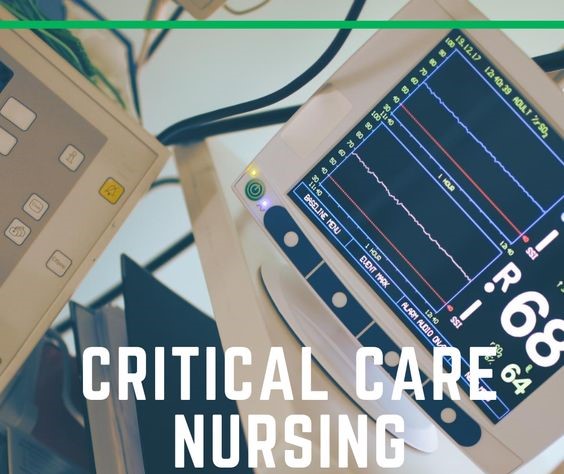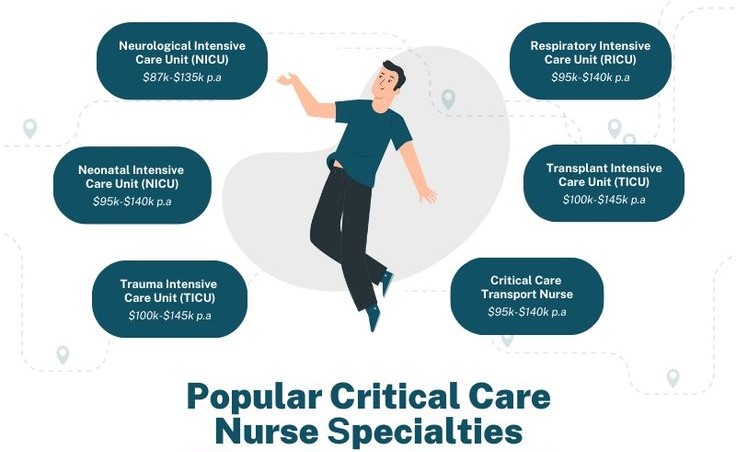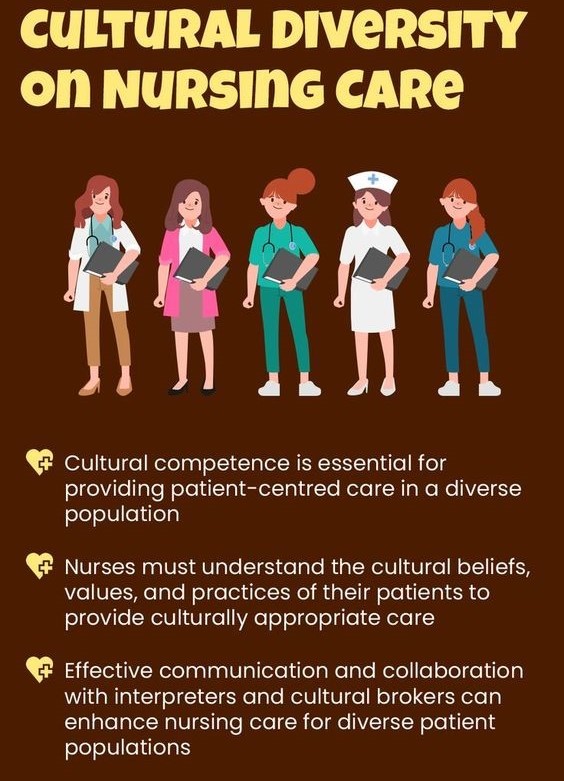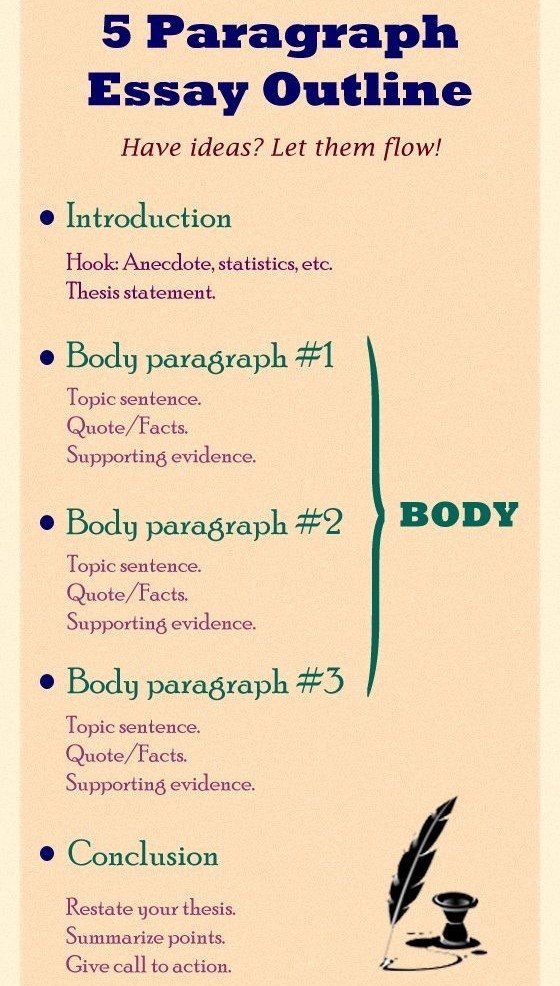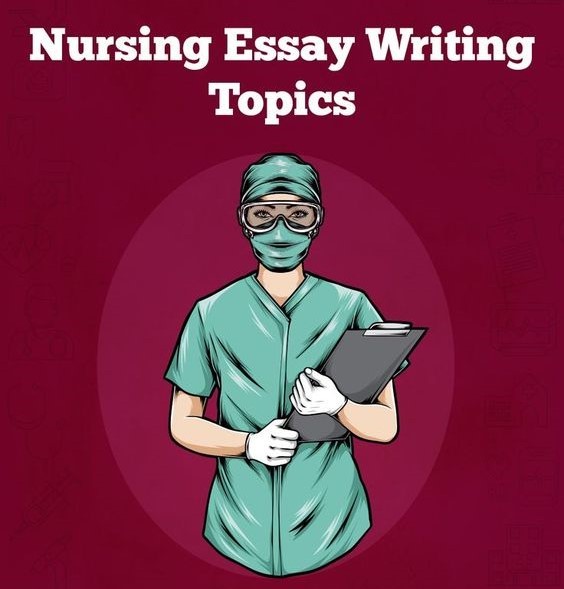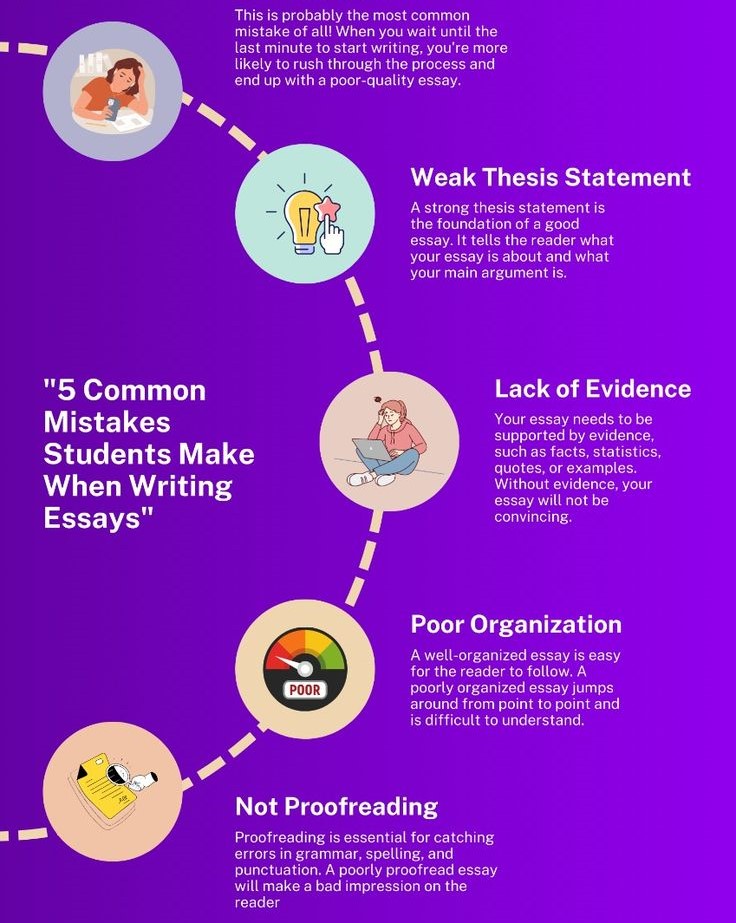
Table of Contents
A nursing school thesis is not simply a culmination of your studies, it’s a testament to your critical thinking, research skills, and passion for the nursing profession. It’s a chance to delve deep into a topic that resonates with you, contributing valuable insights to the field. But how do you craft a nursing school thesis that stands out and makes a lasting impact?
The following guide will walk you through the steps of writing a powerful nursing school thesis.
What is a Nursing School Thesis?
A nursing school thesis is a formal research project that a student undertakes in their final year of study, typically at the Master’s or Doctoral level. It’s a comprehensive and in-depth examination of a specific nursing-related topic, demonstrating the student’s mastery of research methods, critical thinking, and advanced nursing knowledge.
Here’s a breakdown of its key aspects:
Purpose:
- To advance the body of knowledge in nursing: The thesis aims to contribute original research findings, address existing gaps in understanding, and contribute to evidence-based practice.
- To demonstrate advanced nursing skills and knowledge: The student must showcase their ability to conduct rigorous research, analyze data, and communicate their findings effectively.
- To prepare for future research endeavors: Writing a thesis is a valuable experience that builds the foundation for independent research and scholarship in nursing.

Structure:
- Introduction: Presents the research problem, its significance, and the research question(s) to be addressed.
- Literature Review: Critically analyzes existing research and theories related to the topic.
- Methodology: Outlines the research design, data collection methods, and data analysis techniques used.
- Findings: Presents the results of the research, often supported by tables, figures, and statistical analysis.
- Discussion: Interprets the findings in relation to existing literature and theoretical frameworks, highlighting implications for practice and future research.
- Conclusion: Summarizes the main findings and contributions of the thesis, addressing limitations and suggesting future directions.
Types of Nursing Theses
1. Theoretical/Conceptual: These theses delve into the development and refinement of nursing theories and concepts. They explore how existing theories can be applied to practice or investigate the development of new theoretical frameworks.
2. Empirical/Quantitative: These theses utilize quantitative research methods, such as surveys and experiments, to collect and analyze numerical data. They aim to test hypotheses, identify relationships, and draw conclusions based on statistically significant findings.
3. Qualitative: These theses use qualitative research methods, like interviews, focus groups, and observations, to gather rich, descriptive data. They explore experiences, perspectives, and meaning-making in the context of health and healthcare.
4. Mixed Methods: These theses combine both quantitative and qualitative research methods. They aim to provide a more comprehensive understanding of a topic by integrating both types of data.
5. Action Research: These theses focus on practical problems within nursing practice. They use research methodologies to identify problems, develop solutions, and evaluate their effectiveness in a specific setting.
Tips for Choosing a Thesis Topic:
- Choose a topic that is relevant to your interests and aligns with your career goals.
- Identify a research gap or unanswered question in the field of nursing.
- Consider the feasibility of conducting research on the chosen topic, including access to data and resources.

Overall, a nursing school thesis writing is a challenging but rewarding undertaking that provides students with valuable skills and knowledge to become informed and effective nursing professionals.
Strategies for Nursing School Thesis Writing
1. Choose a Topic that Ignites Your Passion:
Your nursing school thesis should be driven by your genuine interest. It’s easier to write compellingly about something you care about deeply. Consider topics that resonate with your clinical experiences, personal interests, or areas where you see gaps in knowledge.
2. Narrow Your Focus:
The key to a successful nursing school thesis is to focus. A broad topic can easily become overwhelming. Instead, choose a specific aspect of a broader issue. For instance, instead of “The impact of technology on nursing,” you could focus on “The role of telehealth in managing chronic pain in elderly patients.”
3. Formulate a Strong Thesis Statement:
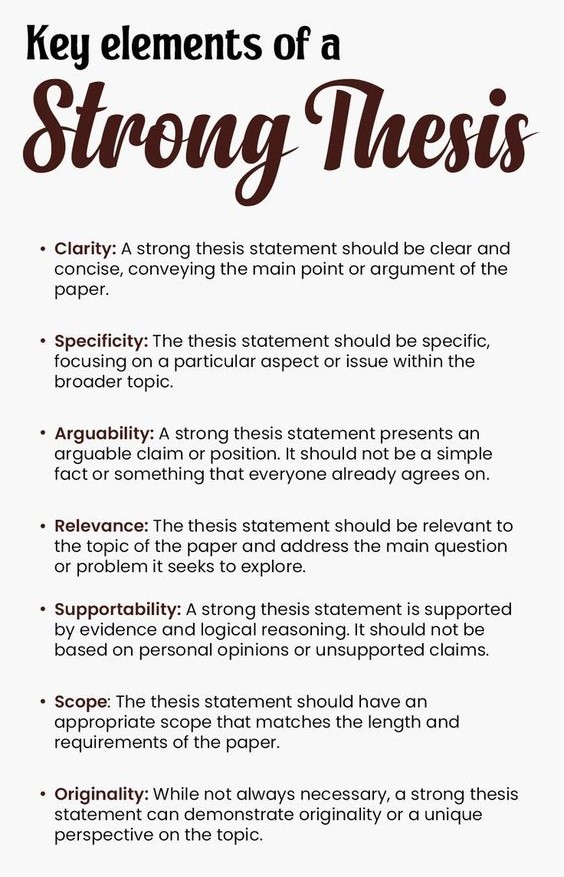
Your thesis statement is the foundation of your nursing school thesis. It should clearly state your argument and outline the main points you’ll be exploring. Aim for a concise, focused statement that leaves no room for ambiguity.
4. Conduct Thorough Research:
A nursing school thesis requires meticulous research. Utilize peer-reviewed journals, reputable online databases, and relevant books to gather information and support your arguments. Don’t forget to cite your sources properly to avoid plagiarism.
5. Develop a Solid Structure:
A clear structure will help guide your writing process and ensure your nursing school thesis flows logically. Divide your work into distinct sections, such as an introduction, literature review, methodology, results, discussion, and conclusion.
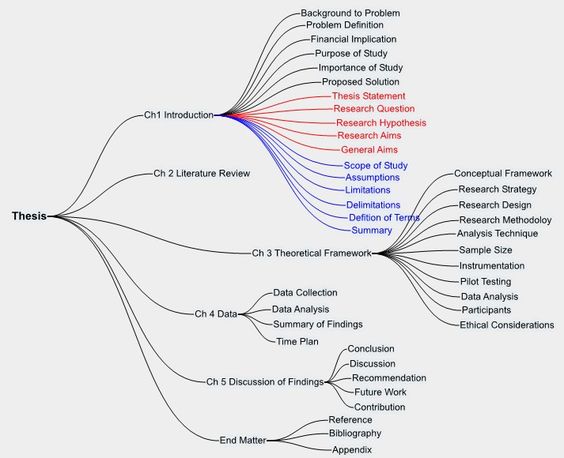
6. Engage with Your Audience:
Remember, you’re not just writing for your professor; you’re writing for an audience of nursing professionals. Use clear, concise language, avoiding overly technical jargon. Engage your reader by presenting your findings in a compelling and informative way.
7. Proofread and Edit Rigorously:
Even the most well-researched nursing school thesis can be compromised by poor writing and editing. Take the time to carefully proofread your work for grammatical errors, typos, and inconsistencies. Ask a trusted colleague or friend to review your work for clarity and objectivity.
8. Seek Feedback from Your Advisor:
Your advisor is your guide throughout the nursing school thesis process. Regularly meet with them to discuss your progress, get feedback, and address any concerns. Their guidance is invaluable in ensuring your thesis meets the required standards.
9. Present Your Thesis with Confidence:
The final step is presenting your nursing school thesis to your committee. Practice your presentation beforehand to ensure you deliver it confidently and answer questions effectively.
Topic Ideas for Nursing School Theses

Here are some ideas for nursing school thesis topics, categorized to help you find the best fit:
Patient Care and Outcomes
- Impact of [Specific Intervention] on [Specific Patient Population] with [Specific Condition]
- Example: “Impact of Mindfulness Meditation on Anxiety Levels in Patients Undergoing Coronary Artery Bypass Surgery”
- Effectiveness of [New Technology/Practice] in Improving [Specific Patient Outcome]
- Example: “Effectiveness of Telehealth Consultations in Managing Chronic Pain in Rural Communities”
- Exploring the Lived Experiences of [Specific Patient Group] with [Specific Health Issue]
- Example: “Navigating Cancer Treatment: The Lived Experiences of Young Adults”
- Factors Influencing Patient Adherence to [Specific Medication/Treatment Plan]
- Example: “Factors Influencing Adherence to Antihypertensive Medications Among Older Adults”
- The Role of [Specific Nursing Role] in [Specific Healthcare Setting]
- Example: “The Role of the Nurse Navigator in Guiding Patients Through the Cancer Treatment Journey”
Healthcare Systems and Policy
- Analysis of [Specific Policy] and Its Impact on [Specific Patient Population/Nursing Practice]
- Example: “The Impact of the Affordable Care Act on Access to Primary Care Services for Low-Income Individuals”
- Evaluation of [Specific Healthcare Program/Intervention] in [Specific Setting]
- Example: “Evaluation of a Community-Based Diabetes Prevention Program in a Rural Setting”
- The Impact of [Specific Social/Economic Factor] on [Specific Health Outcome]
- Example: “The Influence of Socioeconomic Status on Rates of Childhood Obesity”
- Exploring the Challenges and Opportunities of [Specific Trend in Healthcare]
- Example: “The Future of Nursing: Exploring the Role of Artificial Intelligence in Healthcare”
Nursing Education and Professional Development

- Developing and Evaluating [Specific Educational Intervention] for [Specific Nursing Student/Practitioner Population]
- Example: “Developing and Evaluating a Simulation-Based Training Program for Nurses on Emergency Room Triage”
- Exploring the Impact of [Specific Educational Approach] on [Specific Learning Outcome] for Nursing Students
- Example: “The Impact of Problem-Based Learning on Critical Thinking Skills in Nursing Students”
- The Lived Experiences of [Specific Group of Nurses] with [Specific Professional Development Challenge]
- Example: “The Experiences of New Graduate Nurses During Transition to Practice”
- Developing and Evaluating [Specific Tool/Resource] for [Specific Nursing Need]
- Example: “Developing and Evaluating a Mobile App for Nurses to Improve Patient Communication”
Impact of Mindfulness-Based Interventions on Patient Anxiety Levels in a Cardiac Intensive Care Unit: This thesis would examine the effectiveness of mindfulness techniques in reducing anxiety among patients in a specific setting. The student could conduct a research study comparing the outcomes of patients who receive mindfulness training with those who receive standard care.
Exploring the Barriers to Breastfeeding in Low-Income Communities: This nursing school thesis focuses on a critical social health issue. The student could conduct interviews with mothers in low-income communities, analyzing the factors that prevent or hinder breastfeeding, and proposing potential interventions to promote breastfeeding support and education.
Assessing the Impact of Telehealth on Diabetes Management in Rural Settings: This thesis investigates the potential of telehealth technology to improve diabetes care in areas with limited access to healthcare professionals. The student could analyze patient outcomes, healthcare provider perspectives, and cost-effectiveness of telemedicine interventions for diabetes management.

These are just a few examples to illustrate the vast range of possibilities for nursing school thesis topics. The key is to choose an area that deeply interests you, aligns with your career aspirations, and offers opportunities for meaningful research and contribution to the field of nursing.
Additional Considerations
- Relevance: Choose a topic that aligns with your interests and future career goals.
- Feasibility: Ensure you have access to necessary data, resources, and time to complete the research.
- Originality: Strive to contribute new knowledge or perspectives to your chosen field.
- Ethical Considerations: Ensure your research adheres to ethical guidelines and respects patient privacy.
Finding a Topic:
- Talk to your professors and mentors: They can provide guidance and insights on current research gaps and relevant topics.
- Read recent nursing journals and literature: Identify emerging trends and areas where further research is needed.
- Attend conferences and workshops: Gain exposure to current research and potential thesis topics.
Remember to consult with your advisor throughout the process to ensure your topic is feasible and aligned with the requirements of your program.
Common Mistakes in Nursing School Thesis Writing
Writing a nursing school thesis can be a daunting task, but with careful planning and execution, you can produce a high-quality work that reflects your knowledge and skills. Here are some mistakes to avoid:
1. Lack of a Clear Focus: One of the biggest mistakes students make when writing a nursing school thesis is choosing a topic that is too broad or unclear. Before you even begin writing, you need to have a well-defined research question and a specific hypothesis you aim to prove or disprove. A clear focus will help you stay organized and ensure your thesis is concise and impactful.
2. Inadequate Research: Your nursing school thesis should be grounded in solid research. This means conducting a thorough literature review, collecting relevant data, and analyzing it carefully. Don’t rely on just a few sources; explore a wide range of literature to gain a comprehensive understanding of your topic.
3. Poor Organization and Structure: A well-structured nursing school thesis is essential for clarity and readability. Your thesis should be logically organized, with each section flowing seamlessly into the next. Use clear headings and subheadings to guide the reader through your arguments and evidence.
4. Plagiarism: Academic integrity is paramount, and plagiarism is a serious offense. Always cite your sources properly and avoid copying text directly from other works. Using proper citation formats and paraphrasing effectively are essential for ensuring the originality of your nursing school thesis.
5. Lack of Professionalism: Your nursing school thesis is a reflection of your professionalism. Pay attention to details like grammar, spelling, and formatting. Proofread your work carefully and seek feedback from others to ensure its quality and clarity.
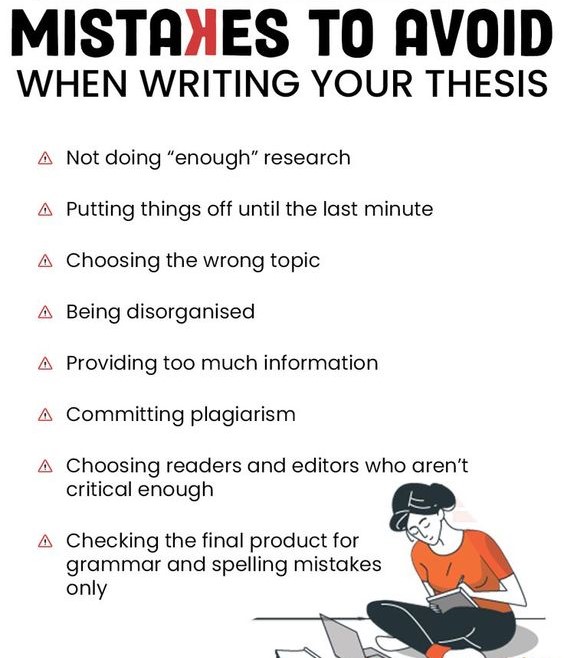
By avoiding these common mistakes, you can write a strong and effective nursing school thesis that demonstrates your knowledge, research skills, and commitment to the nursing profession.
Writing a powerful nursing school thesis is a demanding but rewarding undertaking. By following these steps, you can produce a work that showcases your knowledge, skills, and dedication to the nursing profession. Remember, your nursing school thesis is a valuable contribution to the field, so take pride in your work and strive for excellence.
Professional Nursing School Thesis Writing Service
At PhD Nurse Writer, we offer highly professional nursing school thesis writing services. We guarantee an authentic and compelling thesis that will elevate your academic performance and set you up for greater professional success.

